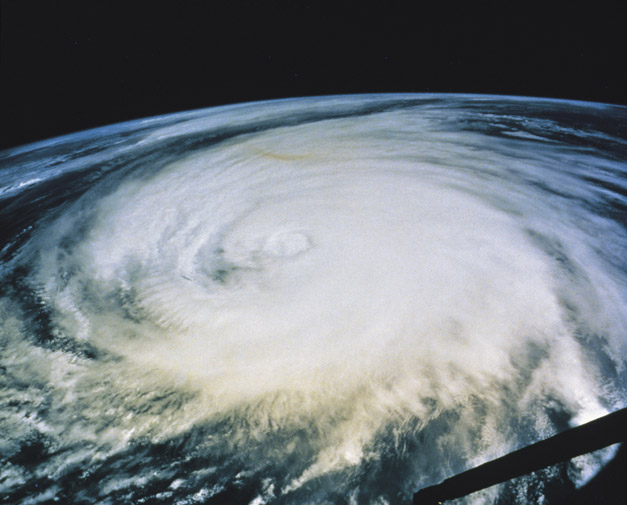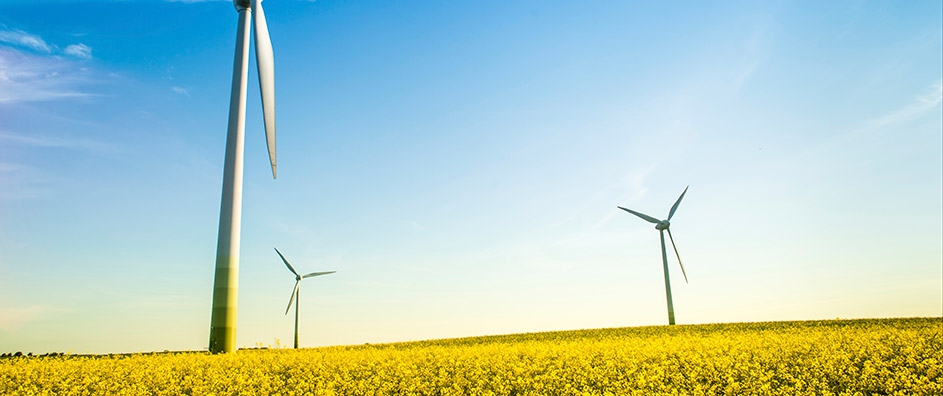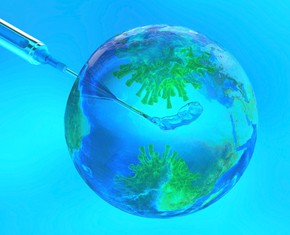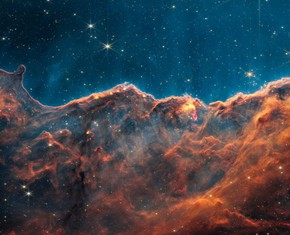The views expressed in our content reflect individual perspectives and do not represent the authoritative views of the Baha'i Faith.
All creation, preceding Man, is bound by the stern law of nature. The great sun, the multitudes of stars, the oceans and seas, the mountains, the rivers, the trees, and all animals, great or small — none is able to evade obedience to nature’s law. Man alone has freedom, and, by his understanding or intellect, has been able to gain control of and adapt some of those natural laws to his own needs. – Abdu’l-Baha, Paris Talks, pp. 41-42.
Human beings have always survived – and thrived — by adapting.
Throughout history we have repeatedly altered our lives, our habitats, our diets, our relationships with others, our social systems and our laws to give us the maximum survival advantage. We have migrated across the globe in search of food, fertile land and a peaceful existence, a life that keeps us safe from natural and man-made dangers. Drought, disasters and disease have pushed us into every corner of the earth; and as a result of our adaptations we have prospered. The human population, which probably stabilized at about three million souls before the invention of agriculture in 1100 BC, has since grown in just three thousand years to more than seven billion people. No species has done that before.
But now we must adapt, and not just tribally or regionally or nationally but globally, to a new challenge. Climate change has already begun to alter the world’s weather, oceans and water supply; and it now has begun to threaten our ability to grow enough food to sustain the world’s population.
In the new Intergovernmental Panel on Climate Change report, we learn that people in some places have begun to adapt. The IPCC says “Adaptation is becoming embedded in some planning processes, with more limited implementation of responses…. Adaptation to reduce the risks from a changing climate is now starting to occur, but with a stronger focus on reacting to past events than on preparing for a changing future.”
Chris Field, Co-Chair of Working Group II, the author of the new IPCC report, says “Climate-change adaptation is not an exotic agenda that has never been tried. Governments, firms, and communities around the world are building experience with adaptation. This experience forms a starting point for bolder, more ambitious adaptations that will be important as climate and society continue to change.”
The report continues: “Future risks from a changing climate depend strongly on the amount of future climate change. Increasing magnitudes of warming increase the likelihood of severe and pervasive impacts that may be surprising or irreversible.”
Scientists have observed the impacts of climate change for decades now. Those impacts “have already affected agriculture, human health, ecosystems on land and in the oceans, water supplies, and some people’s livelihoods. The striking feature of observed impacts is that they are occurring from the tropics to the poles, from small islands to large continents, and from the wealthiest countries to the poorest.”
No better evidence of this global crisis of climate has ever been assembled. The UN has said that this series of reports “are some of the most ambitious scientific undertakings in human history.” This latest IPCC report, which represents the collective research, evidence-gathering and conclusions of literally thousands of scientists, tells us that we must now respond to a major threat to our collective human future. We have created that threat by burning fossil fuels, de-foresting our continents, utilizing a wide range of toxic chemicals that deplete our ozone layer, and allowing the industrial wastes of multiple high-production consumer societies to befoul our air, land and water. Let’s look at five of the major climate change threats the IPCC report lists as critically important in terms of adaptation:
1. Food — Climate change is already having an impact on the global food supply. One of the most important grains – wheat – is now in decline, even as the world’s population expands. Many of the primary agricultural production regions of the world now suffer from water shortages, as well.
 2. Natural Disasters – Increased loss of life and disaster-relief costs will continue to mount as the earth’s climate warms. More powerful storms, rising sea levels and severe droughts will increase.
2. Natural Disasters – Increased loss of life and disaster-relief costs will continue to mount as the earth’s climate warms. More powerful storms, rising sea levels and severe droughts will increase.
3. Poverty – Climate change will hit the world’s poor the hardest. But it will not spare the world’s wealthiest nations and people, either. The report says “Food prices are likely to go up somewhere in a wide range of 3 percent to 84 percent by 2050 just because of climate change.”
4. Stability – With the food supply compromised, poverty increasing and natural disasters becoming more frequent and severe, the world’s political stability will suffer. Many military and national security experts believe climate change threatens the world’s stability more than any other factor.
5. Time – Is not on our side. The longer the world waits to address the big global problems of climate change, the harder they’ll be to solve. That’s because the atmosphere accumulates greenhouse gases and stores them for a very long time. About three-quarters of human-generated carbon dioxide, the most significant greenhouse gas, tends to dissolve in the oceans over a period of between 20-200 years (which makes them much more acidic, killing marine life) – but the rest of the carbon dioxide persists in the earth’s air for hundreds of thousands of years.
What can we do? The IPCC report tells us that we can still stave off the worst affects of climate change, but only if all the earth’s countries move quickly together to cut emissions. Will the world’s nations aggressively respond? Will the wealthy countries provide support and funds to the poor countries? (The World Bank estimates that the earth’s poorest countries will need $100 billion US dollars per year to combat climate change – which has been primarily caused by the disproportionate emissions of the wealthy countries.) Will humanity have the foresight to address this crisis? Will we have the will to act?
















Comments
Sign in or create an account
Continue with Googleor